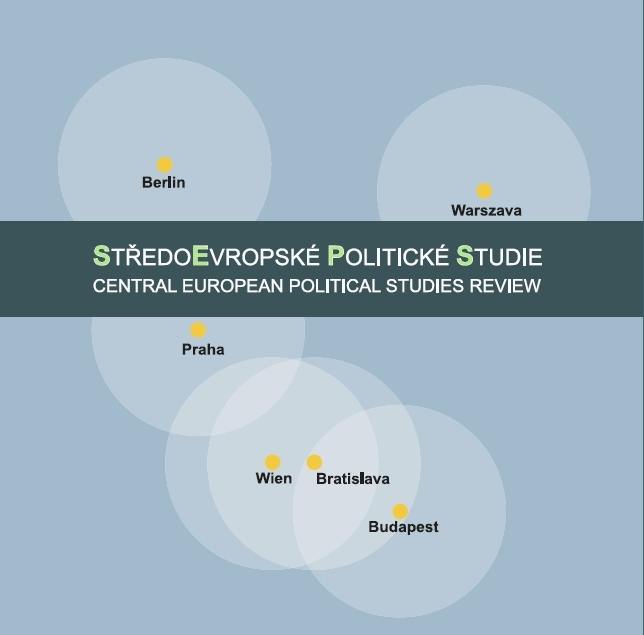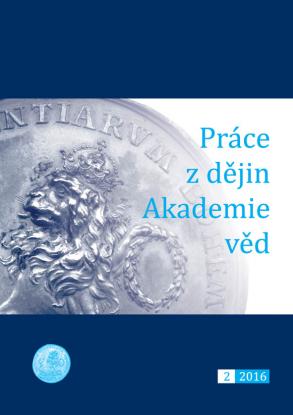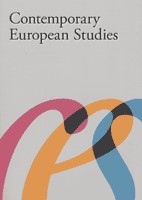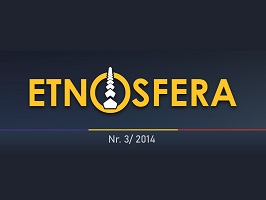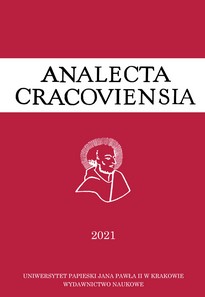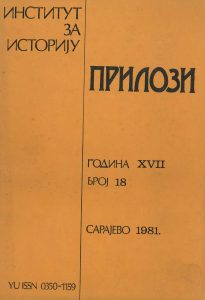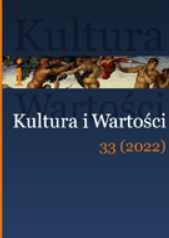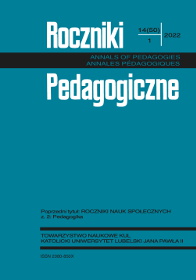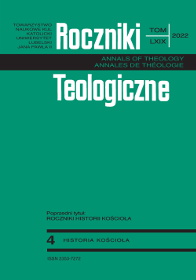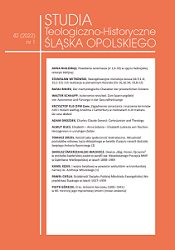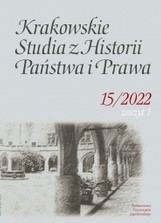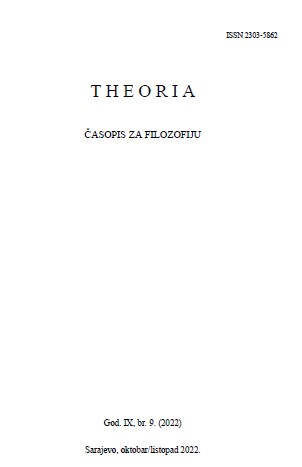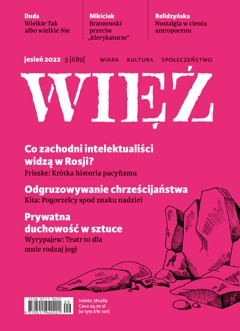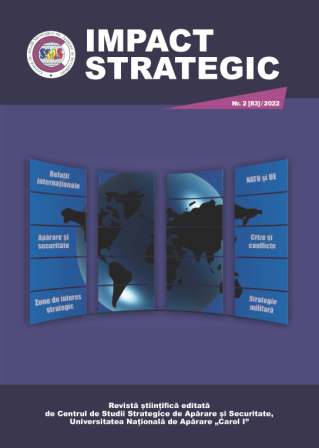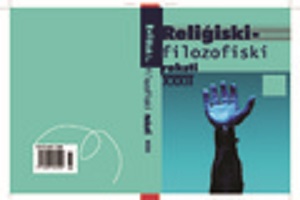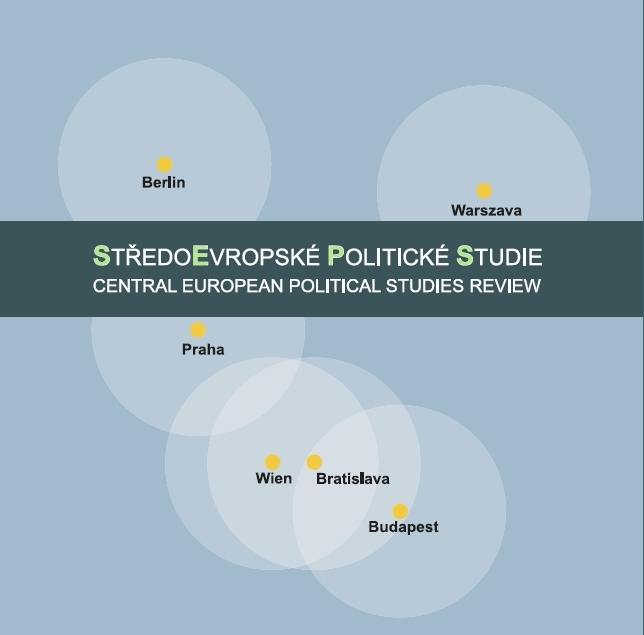
Proměny vztahů ruské pravoslavné církve a státu v době patriarchy Kirilla
This paper is devoted to the topic of relations between the Russian state, Russian society, and the Orthodox Church after the year 2008, when Patriarch Kirill was elected head of the Church. Such relations in Russia have gone through a significant transformation since the beginning of the Post-Soviet period. In the era of Patriarch Alexy II, the Church gradually began to claim a larger political role, the culmination of which was marked by Kirill’s election. At present, the Russian Orthodox Church operates to a certain degree as an institution of Russian political power. Its representatives, led by Kirill, often play a role that is more political than religious. By drawing from primary sources, official documents, media reports, and also speeches made by religious and political representatives, this article attempts to highlight the main issues and areas of cooperation between the state and the Church (e.g. the education system, elections in 2011 and 2012) and explain the ways in which this alliance is advantageous for both parties in relation to the Russian public. The last part of the article deals with how this connection between church and state is perceived by various sections of the Russian public, which is illustrated using several examples from previous years, e.g. the scandal surrounding the members of the feminist punk rock protest group Pussy Riot.
More...
